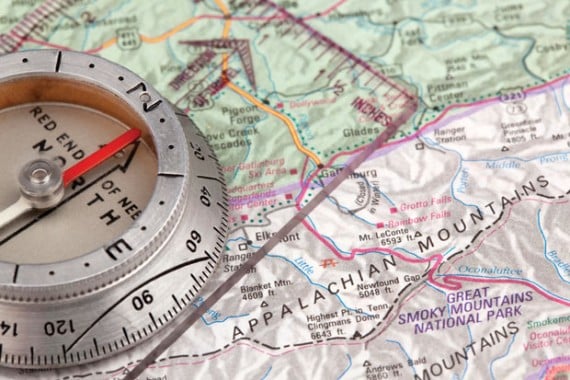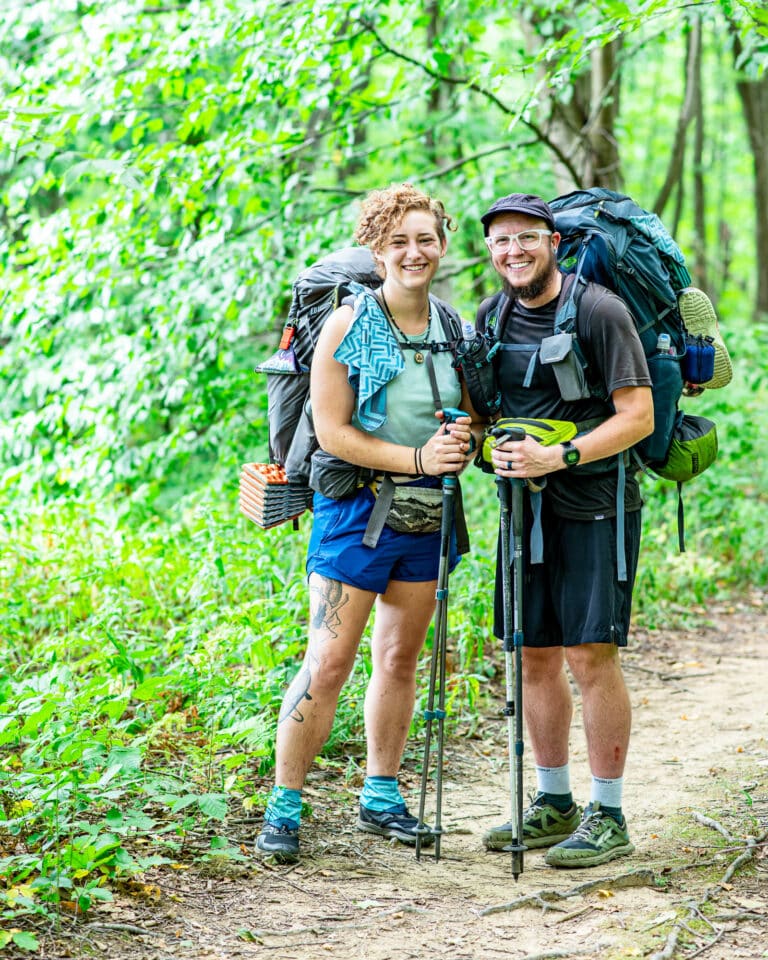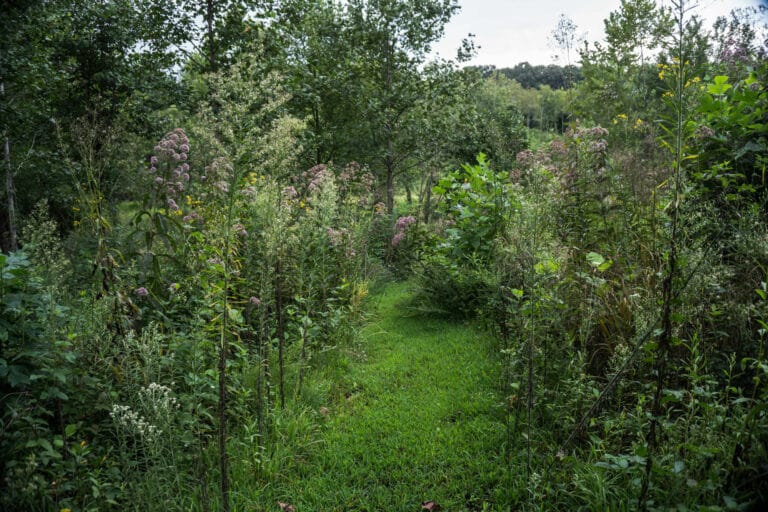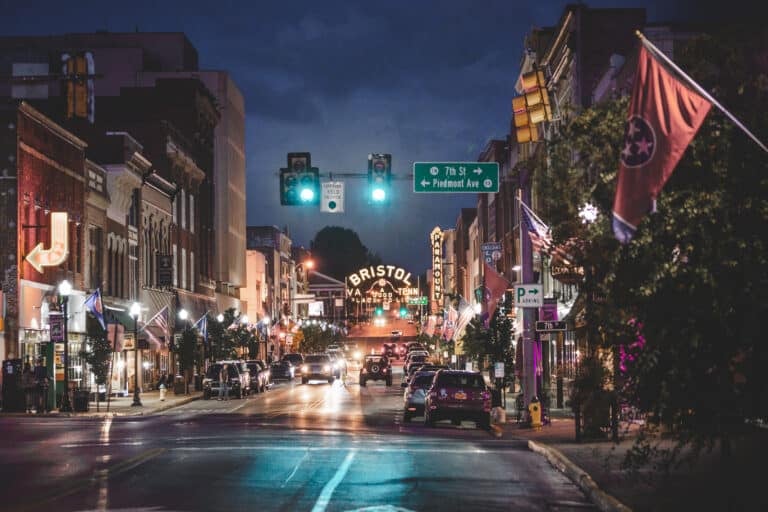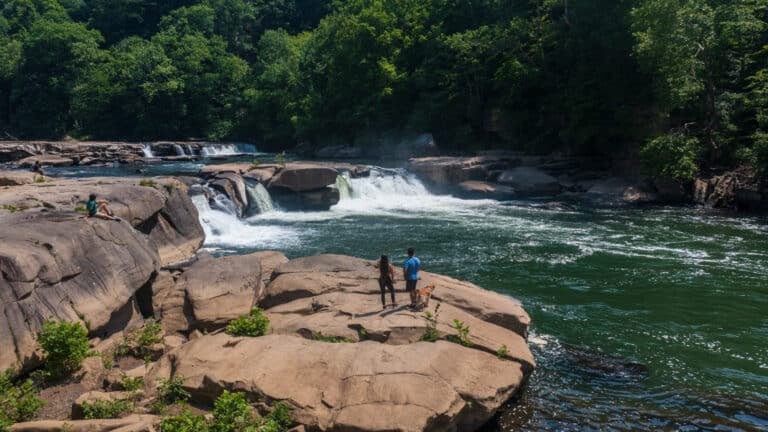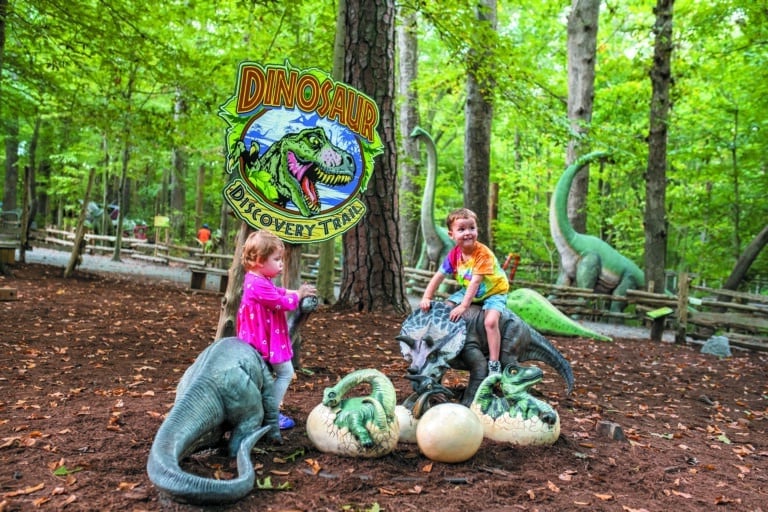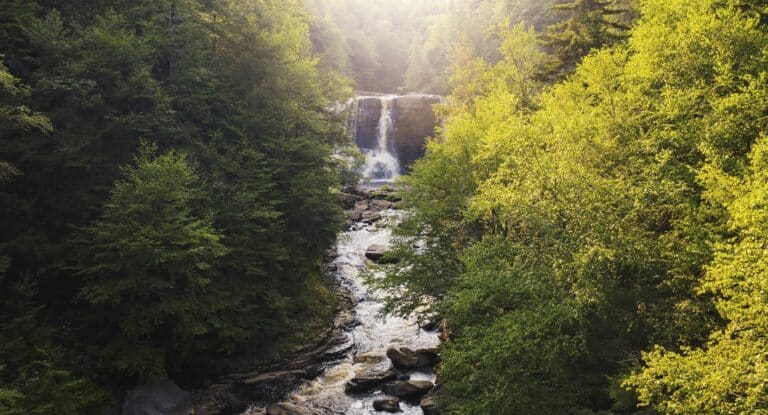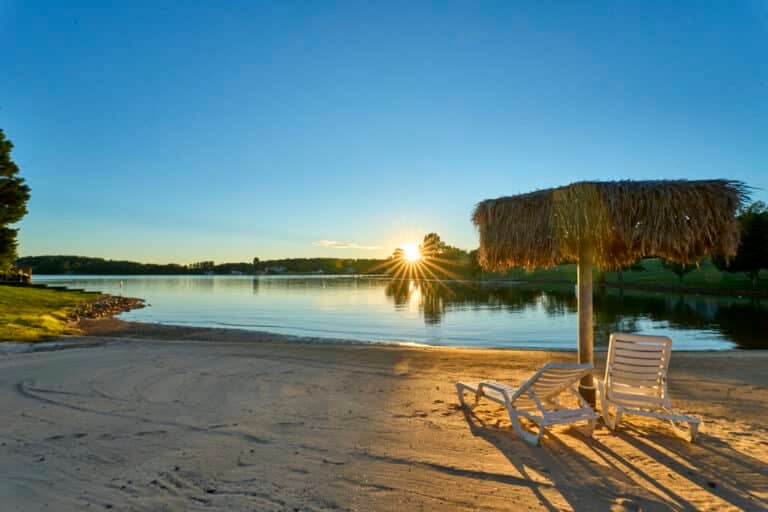Home—there’s no place like it. Our mountains are homelands, both for Appalachian natives and adventurous newcomers. This was made clear last month, when over 85,000 votes poured in last month for our Best Mountain Towns Contest. Readers rallied for their favorite outdoor towns and celebrated the trails, rivers, restaurants, pubs, outfitters, and especially the people of their favorite hometown hotspots. We’re highlighting all 38 of our nominated towns in this issue.
Most important, though, are not the winners, but the overwhelming responses from our readers. You care passionately about your hometowns and favorite mountain getaways. These places touch something deeply personal.
It’s not just family or childhood that can bind us to a place, but also experience and adventure, which etch their memories upon our hearts more deeply and indelibly. A place becomes home to us when we feel emotionally connected to it, when we know its chattering creeks, twisting trails, and whispering forests as intimately as we know a close friend. A town comes alive when we recognize its faces, hang out in its haunts, and know its streets like lines on our palm.
These hometowns don’t survive without us. Thomas Wolfe was wrong: you can go home again, but only if you’re willing to protect it. These hometowns need more than your vote in an online poll. They need your visits and your voice.
Your voice has already been essential in creating many of them. Perhaps the greatest success story is Chattanooga, which was declared the most polluted city in the U.S. in 1969. Today it’s the most celebrated new adventure hotspot in the country, with a thriving outdoor community and world-class rivers, rocks, and trails.
Even classic adventure towns like Asheville depend on a dedicated outdoor community to fight for their future. In 2007, Asheville’s riverfront was slated for a giant oil-burning power plant. Most of the opposition came from health and outdoor advocates. When the vote finally came, officials unanimously sided with them and stopped the power plant. Today, the river is home to new greenways, trails, parks, breweries, outdoor shops and outfitters, and some of the best paddling in the Blue Ridge.
Many of our mountain town nominees were old mining towns, timber communities, and railroad hubs. While that heritage is an important part of their character, their future is in protecting the forests and mountains for tourism, recreation, scenery, and health. The short-term profits of extractive industries can’t match the long-term jobs and sustainable economies provided by recreation and tourism. Two roads diverge in our yellow woods, and I hope we follow the promising path of sustainable recreation and tourism instead of the rutted, washed-out road across mowed-down mountains and clearcuts.
Recreation is the region’s future, but mountain towns need our support to stay on that path. Asheville was once nearly the site of the country’s largest nuclear waste dump in the mid-1980s. A groundswell of opposition shelved the plan, but some politicians are once again eyeing the mountains of Western North Carolina as a possible nuclear waste repository. And just south of Roanoke, Va., winner of our best mid-sized mountain town, uranium mining has been proposed near the Roanoke River. Fishing, paddling, hiking, and the health of entire communities would be devastated.
The corporations blowing up mountains and destroying the landscape only have to win once. The defenders of public lands and outdoor recreation have to win again and again. These towns need both the residents who have lived there for generations and the gritty, gutsy climbers and mud-splattered mountain bikers who visit them every weekend.
We have the toughest people on the planet—from the pioneering mountain folk who have scratched a living out of the land for centuries to the modern-day mountain adventurists who huck their boats over waterfalls, hike for hundreds of miles, and hang from vertical rock ledges. If anyone can protect Appalachia’s mountain towns, it is our readers—the passionate people who live, work, and play here. The future of the mountains is in our sweaty, mud-splattered, chalk-covered hands.
